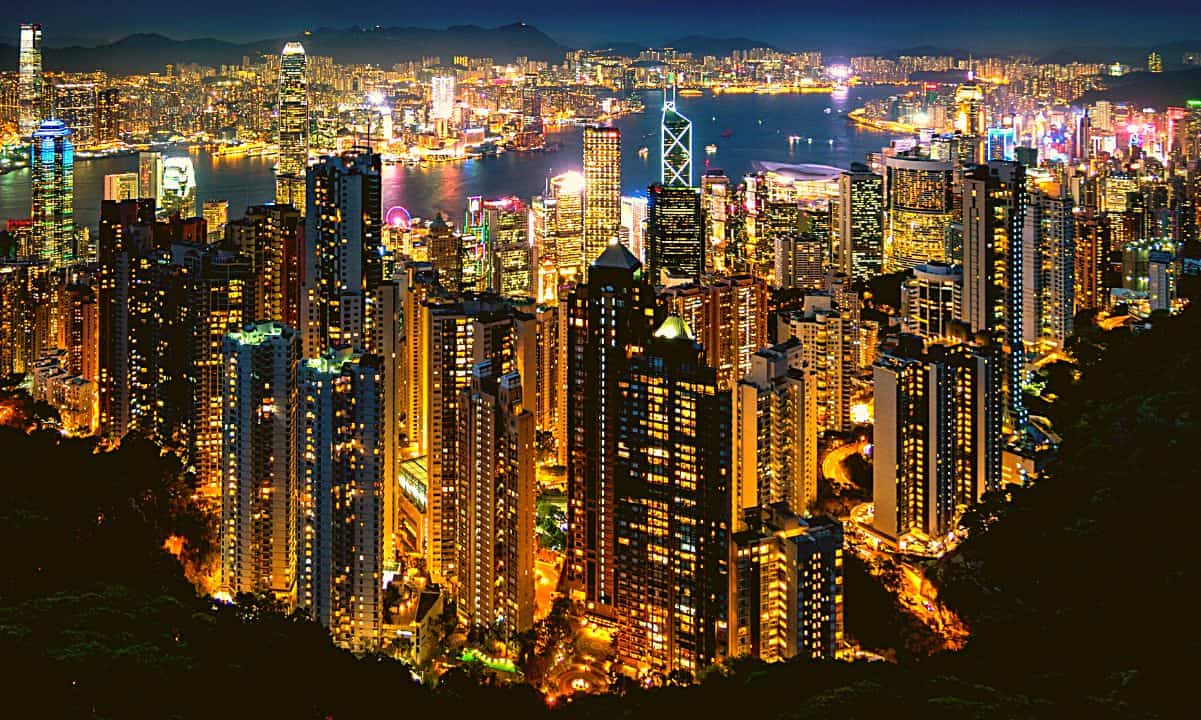Published on Aug 27, 2024 at 12:30 PM
:upscale()/2024/08/26/847/n/49351773/tmp_mbcjYB_1a6afe4b0ce23dd2_GettyImages-2167183298.jpg) Victor J. Blue | Bloomberg via Getty ImagesVictor J. Blue | Bloomberg via Getty Images
Victor J. Blue | Bloomberg via Getty ImagesVictor J. Blue | Bloomberg via Getty ImagesSince Vice President Kamala Harris accepted her party's historic nomination to be the 2024 Democratic nominee, voters have been moved to action.
One such woman is Lakshmi Iyer. The 48-year-old is the subject of a short film, "Desi Mom," which is part of the Asian American Documentary Network's Our Stories, Our Voices microdoc series. Iyer lives in Pennsylvania, about 30 miles from Philadelphia, and works as a business analyst. She immigrated to the US from India when she was 25, and became a US citizen in 2010.
After the Democratic National Convention, we caught up with Iyer to talk about her own personal journey with politics and why she's been moved to action in the Trump era. Read it all, in her own words, below.
I grew up in India, near where Kamala Harris's mom comes from. People from my family were all single-issue voters. But the community I come from was in a relative position of privilege, so it didn't matter which party was ruling the country, because we were not affected. We weren't really thinking about the impact policies had on people. That's the environment I grew up in.
I honestly cried when I watched Kamala Harris accept the nomination.
I moved here at 25, and like typical Indian Americans who move here, I was isolated in my Brown bubble. I didn't really have white friends or Black friends or Latino friends. So I was believing the same things I heard growing up. And there was a point in my life, which I'm ashamed to recount, where I had no idea about LGBTQ issues. I really thought it was a choice that people made. And I'm not proud of it. What I mean to say is that a lot of the policies that I'm firmly for now, I had no idea about. I was ignorant. I never really questioned what was happening around me. But then Obama ran for office, and I got interested because of the fervor surrounding his rapid ascent. That a Black man could become president was just fascinating from an observer's point of view.
Then, in 2015, 2016, when Trump declared his candidacy — that's when I kind of got more interested. The video that first caught my attention was the one in which he made fun of a disabled reporter. I was shocked. I was like, how could this person run for president? And then when Clinton won the nomination, I was solidly behind her because just the idea of the first woman president was exciting to me, just as a mother of three daughters.
It was all superficial up to that point, but the first real moment of connection was the day after the 2016 election when I found out Trump had won, and it was devastating. As a mother of a multiracial family, all of his policies and what he was talking about — it came up in our conversations. And from then on, it was like a slow induction process into being politically active. After 2020, I became more committed. I was looking at every local election that was out there, talking to people.
I started going to school board meetings when COVID hit, and once I started talking to like-minded people, little by little I got to know how politics isn't really at the top level. Increasingly, we should care about who's on the school board, who your county supervisor is, who is your mayor. Once I realized how important every single vote was, and how just a couple of votes in one precinct could swing a county, could swing the state, then making every single voice count suddenly made a lot more sense.
I watched the DNC, and I was extremely disappointed that no one from the Palestinian perspective was able to speak. But that can't dim my joy. I'm genuinely happy that the first Black, first South Asian, first woman is likely to be the next president. I cannot dim that joy. I cannot lessen my happiness of this moment because I don't agree with what the DNC did on Palestine. Because now, after multiple years of talking to people, I realize policy is not just one person making a declaration. It goes through multiple levels. So, if I want my voice to be heard, yes, I have to pick the right people to represent me, but I also have to use my voice.
I honestly cried when I watched Kamala Harris accept the nomination. For me, it's an incredible thing — for my daughters to see themselves reflected in the highest levels of government, that is incredibly powerful. I grew up in South India, where we had a chief minister who was a woman, so I've always grown up seeing women in positions of power. So it was mind-boggling that wasn't even considered a possibility here in the US. It feels like, for me, this is the moment we've all been waiting for.
— As told to Lena Felton
Lena Felton is the senior director of features and special content at PS, where she oversees feature stories, special projects, and our identity content. Previously, she was an editor at The Washington Post, where she led a team covering issues of gender and identity.

 1 month ago
17
1 month ago
17
:quality(85):upscale()/2024/10/18/840/n/1922729/739d1ad86712b29a6ab663.35566876_.jpg)
:quality(85):upscale()/2024/10/18/912/n/24155406/26d9db686712cabf4aa2c6.94223431_.jpg)
:quality(85):upscale()/2024/10/18/872/n/24155406/5add03f16712bd5d6e1f71.63155954_.png)




 English (US) ·
English (US) ·